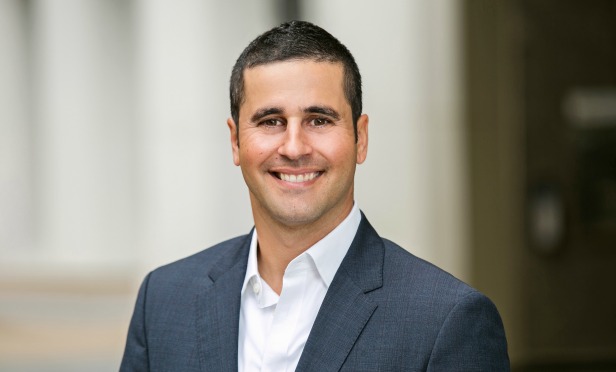 The yield curve inversion is at the top of everyone's mind. As a precursor to the past several recessions, the yield curve inversion has become a telltale sign of an upcoming downturn. However, this time it could be different. Shlomi Ronen of Dekel Capital isn't as concerned about the inversion, noting that this cycle has many unique characteristics. This could just be another one of them.
The yield curve inversion is at the top of everyone's mind. As a precursor to the past several recessions, the yield curve inversion has become a telltale sign of an upcoming downturn. However, this time it could be different. Shlomi Ronen of Dekel Capital isn't as concerned about the inversion, noting that this cycle has many unique characteristics. This could just be another one of them.
"We are in a world with negative long-term yields, which is something new. We are in a world where all of the major European yields are negative at this point. That is providing some pressure that is unrelated to the US economy to the long end of the yield curve," Ronen, managing principal at Dekel Capital, tells GlobeSt.com. "We are also in a world where we have a very active Fed. Last week, they reduced short-term rates and there may be another rate reduction this year. That will again lower the short-term rates. Those two things, taken into context of the inversion are different this time."
Thanks to negative bond yields in Germany and Japan, US treasuries are attractive, and Ronen adds that the economy overall is healthy. "We could still be headed to a recession, but the economic data that we have is still okay," he says. "The economy is continuing to plug away at the 2% GDP growth rate that the Fed is targeting."
While historically, the yield curve has occurred just before a recession, it came alongside other recessionary indicators. That is a major change today. "When you look back at the last five major recessions, each time ahead of the recession, the yield curve inverted," says Ronen. "The inversion is indicting that we are going to be entering a period of slow growth. This is a factor to pay attention to, and we have been."
Still, investors will likely react to the inversion and shift strategy to mitigate risk. Those actions could actually stave off a potential downturn, if one is on the way. He is already seeing a change. "Investors are anticipating slower growth in the long term and short-term growth is going to be better," says Ronen. "So, they are making different bets. They are willing to accept higher rates short term and lower rates long term as a result. If investors expect a recession, they will act differently. They may take less leverage or delay a project that isn't yielding enough in case the economy does turn. It does change the way that people look at investments."
© 2025 ALM Global, LLC, All Rights Reserved. Request academic re-use from www.copyright.com. All other uses, submit a request to [email protected]. For more information visit Asset & Logo Licensing.







